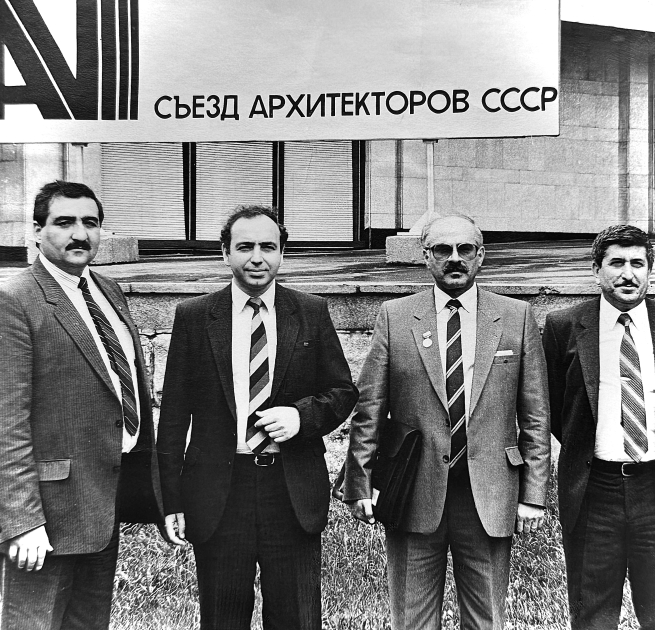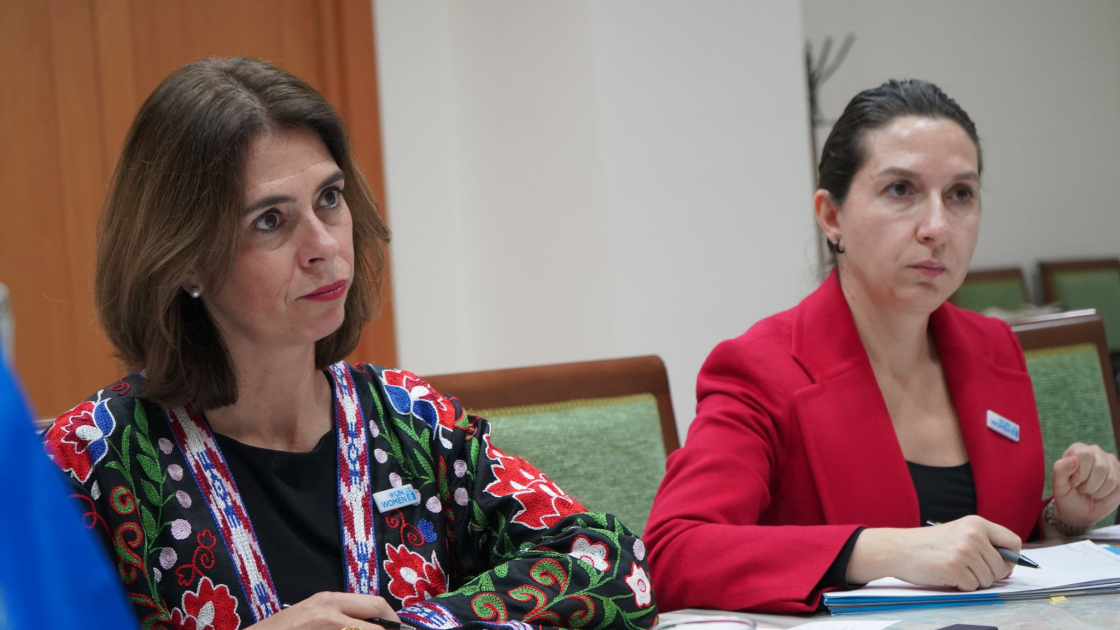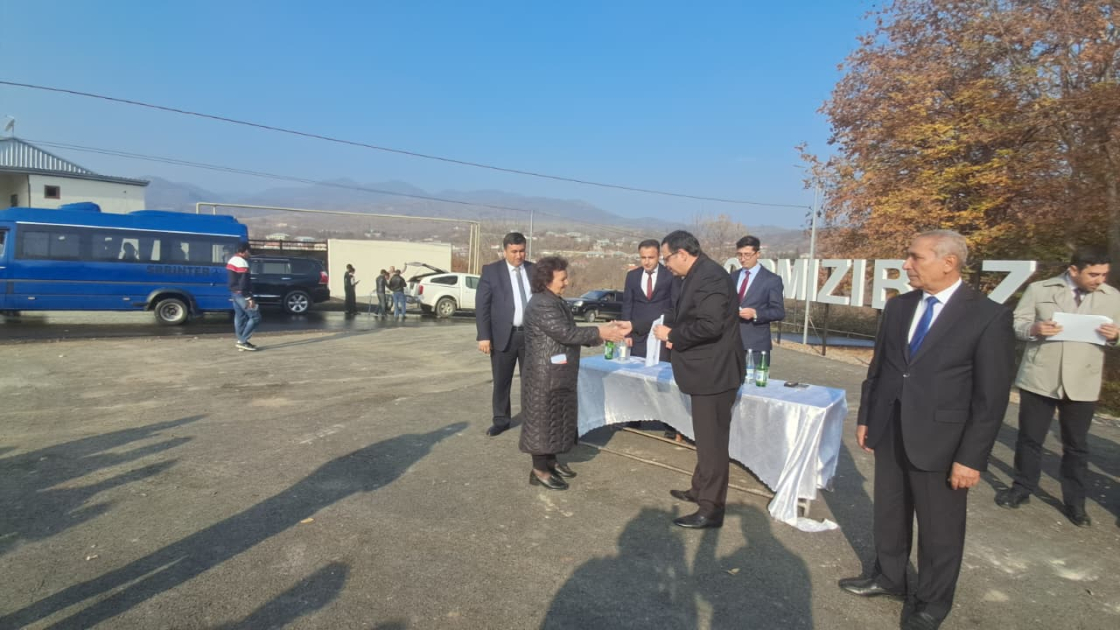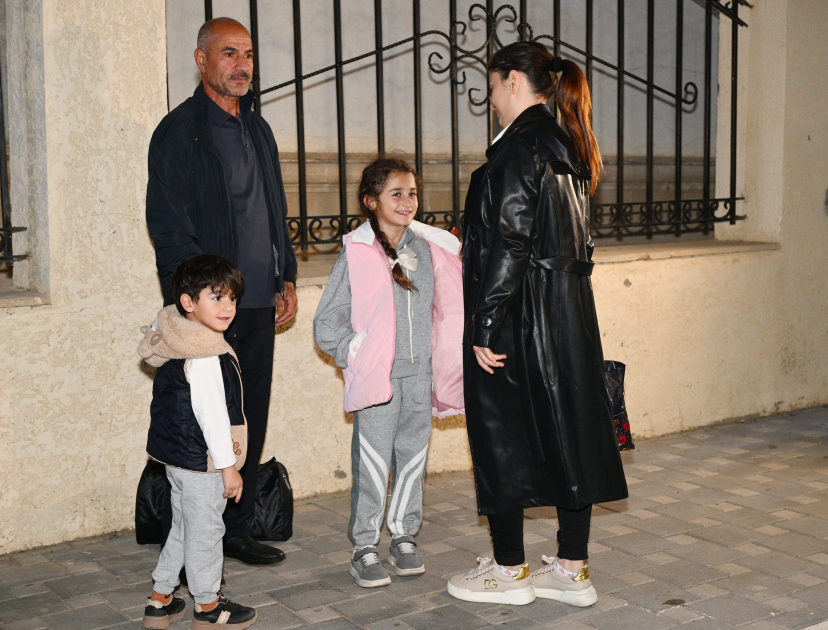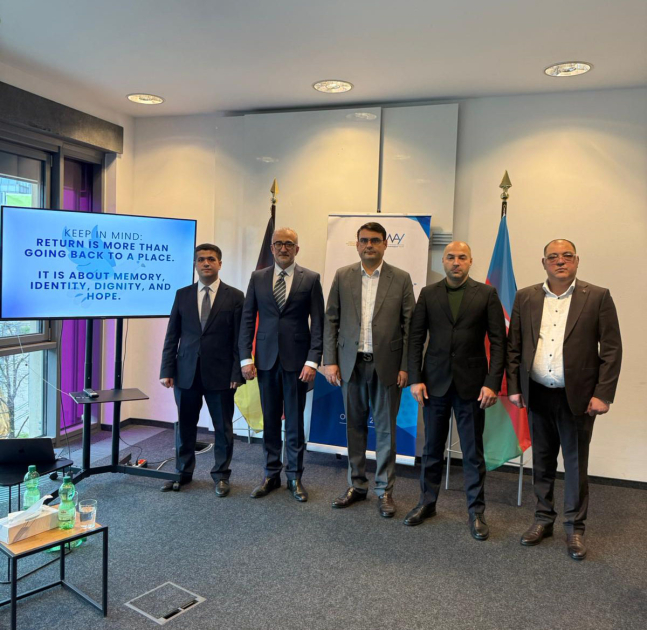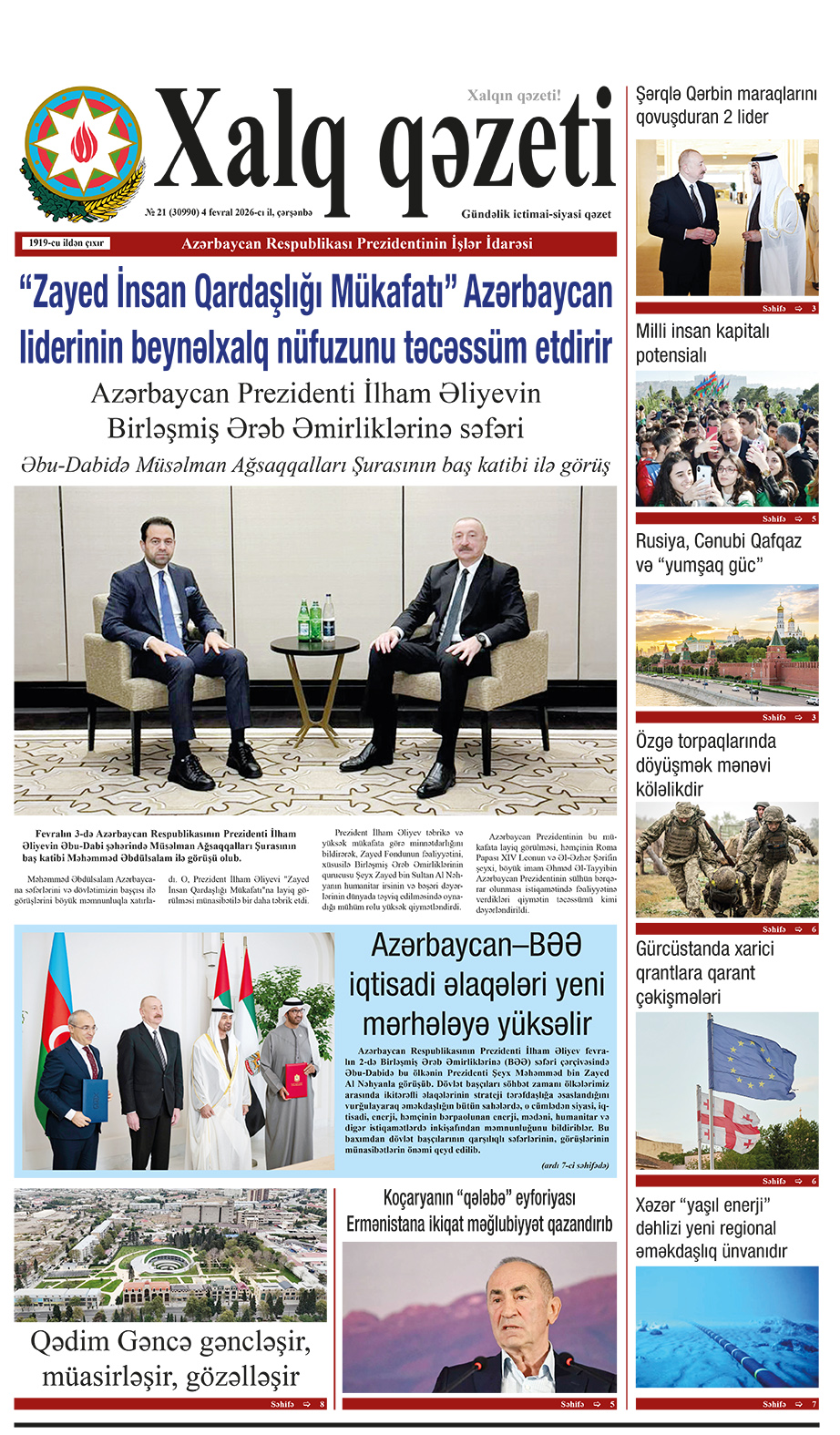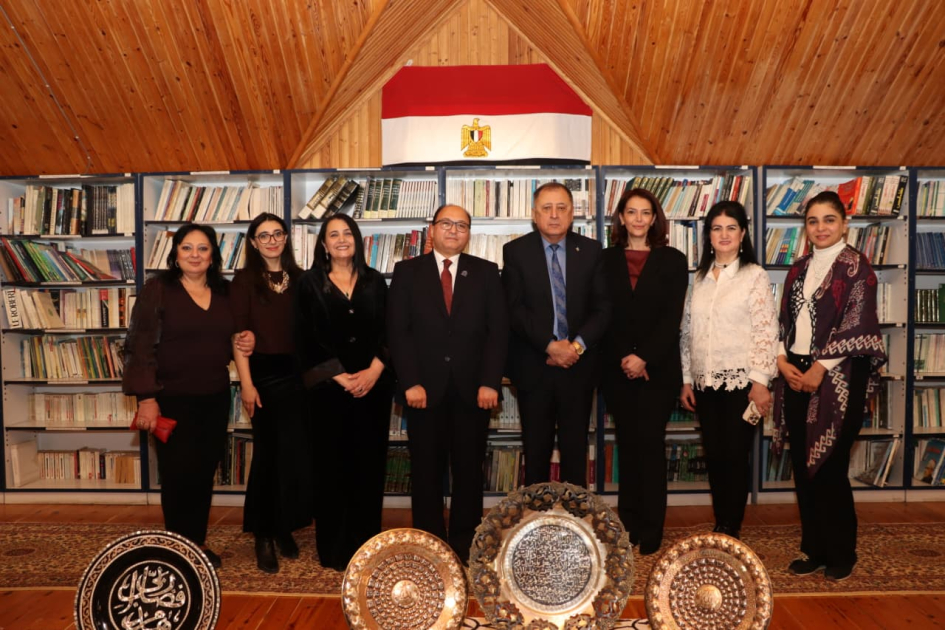A memorial evening was held at the Union of Architects of Azerbaijan in honor of one of the country's most distinguished urban planners and architects, Professor Fikret Huseynov, who was awarded the title of Honored Architect of Azerbaijan.
A video clip showcasing Professor Huseynov's significant contributions to the development of urban planning and his indelible mark on the history of contemporary architecture in the country was presented to the attendees, according to the Union of Architects of Azerbaijan.
Professor Huseynov, a doctor of architecture, academic of the International Academy of Eco-Energy, vice-president of the International Academy of Architecture of Eastern Countries, was one of the leading scholars in the field of urban planning. His research interests included the theory of modern urban planning, methodology of urban planning, theory of settlement, organization of urban transport, and assessment of the interconnection of social, demographic, and economic factors in metropolitan planning. He headed the Department of Architectural Design and Urban Planning at the Azerbaijan University of Architecture and Construction for over 30 years.
Professor Huseynov authored more than 170 scientific articles published in national and international journals and wrote 8 monographs. He trained a whole generation of talented scientists. In 1991, he founded the Society of Urbanists of Azerbaijan, and in 2001, he established the scientific-technical journal "Urbanism." He served as the president of the International Association of Urbanists of the Silk Road. Among his achievements were the Urban Planning Charter, the development of master plans for over 35 cities, and he designed the main buildings of the Royal Park residential complex built in Baku.
His international recognition included being appointed the chief architect of the Canadian construction company STONEPAY.
Elbay Qasımzadə, the chairman of the Union of Architects of Azerbaijan and a professor, noted that Professor Huseynov always integrated academic knowledge with practical application, directing the Azerbaijani school of urban planning toward advanced achievements. His approach formed the basis for innovative urban planning as a system of scientific, project, regulatory, and educational activities, harmonized with local culture and economic realities.
Nizami Nagiyev, the head of the Department of Architectural Fundamentals at the Azerbaijan University of Architecture and Construction, recalled that at the age of 39, Professor Huseynov became the youngest Doctor of Sciences in architecture and urban planning after successfully defending his thesis in Moscow.
Aybeniz Hasanov, the head of the Department of Landscape Architecture, called Professor Huseynov one of a kind architect and urban planner of our time. He was the scientific editor of 16 books and the author of 80 research papers. He completed more than 70 architectural and urban planning projects.
Professor Huseynov's works have been highly appreciated by the global scientific community. About 42 Doctors of Sciences in architecture and urban planning from countries such as Algeria, Egypt, Yemen, Iraq, Iran, and Afghanistan were trained under the guidance of Professor Huseynov.
Professor Huseynov was the founder of “Regionics” - a new direction in science that included teaching of additional subjects.
Speakers highlighted Professor Huseynov's erudition, high standards in his works, and subtle humor, but especially his humbleness and deep respect for culture and traditions.
These qualities characterized him as a person of a great soul and highest professionalism.
His ideas were ahead of their time. In the 1990s, he proposed a construction project along Heydar Aliyev Avenue. At that time, the idea seemed unattainable to many, but nowadays skyscrapers follow his concept, transforming this part of the city into the "gateways of the capital."
His son, Dr. Emir Huseynov, a professor at ADA University, also noted the significant project developed by his father during the Soviet era, the urban planning axis, or as it was called, the green corridor, connecting the city center with the academic district. This space functions not only as a recreational area but also as an urban planning solution on a city scale, ensuring sustainability and integration of the capital environment.
He also influenced the radical course of international projects with the Romualdo Del Bianco Foundation, which set up a memorial commemoration for Professor Huseynov at the Palazzo Coppini Museum in Florence in recognition of Professor Huseynov’s contribution to cooperation and development of relations.
Honored architect Nazim Veliev, Professor Georgi Salukvadze from the Technical University of Georgia, Vice-Rector of the Kazakh Main Architectural and Construction Academy, Professor Gulnara Abdrasilova, and others who spoke at the memorial, noted Professor Huseynov's talent as an architect and educator and his high professionalism.
In conclusion, Larisa Huseynova, the professor's wife, on behalf of the family, expressed gratitude to the participants and organizers of the event for recognizing the merits and contributions of Professor Huseynov to science and urban planning in Azerbaijan.


